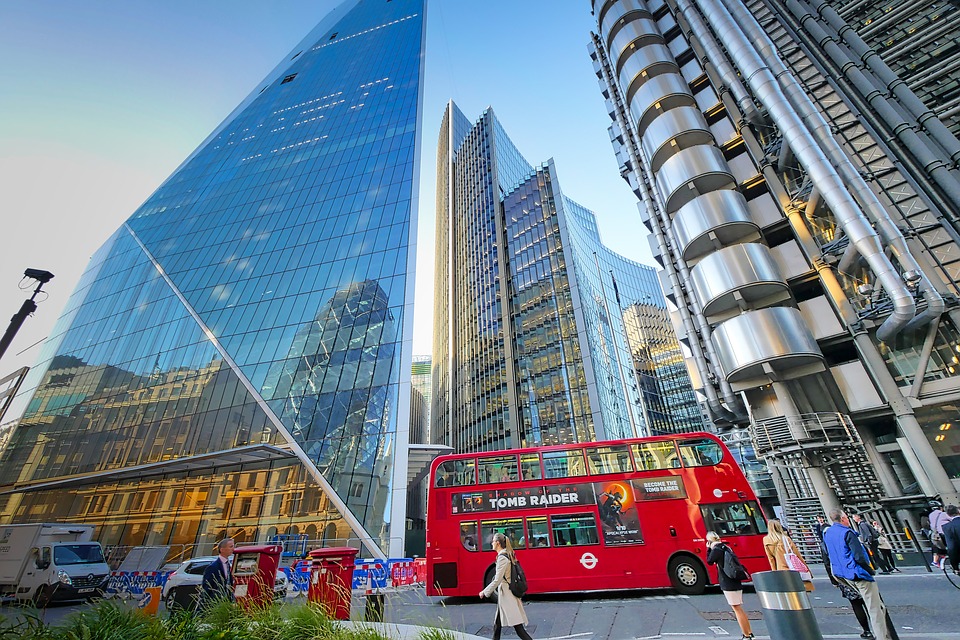UK economy will be back to its pre-COVID-19 level around the middle of next year, according to economists in a Reuters poll who said unemployment would peak at 6.2% as 2021 draws to a close and the pandemic job support scheme ends.
The UK has suffered the highest coronavirus-related death toll in Europe. But a swift vaccine rollout and plummeting infections has allowed the government to begin easing restrictions and on Monday non-essential retail and outside hospitality reopened.
Last year the economy shrank by the most in more than three centuries, but the April 7-12 poll of around 70 economists said it would expand 5.0% this year and 5.5% in 2022. In a March poll those forecasts were 4.6% and 5.7%, respectively.
With much of the country’s dominant service industry closed, and citizens encouraged to stay at home, the poll suggested the economy contracted 2.3% last quarter. Now that lockdowns are being loosened, it was expected to grow 3.5% this quarter and 3.0% next.
“There are mounting signs that the effects on the UK economy from the third COVID-19 lockdown have started to thaw,” said Paul Dales at Capital Economics.
“We are sticking to our relatively optimistic view that the reopening of the economy and the vaccine programme will allow GDP to regain its pre-pandemic level early next year.”
To find out more about how we can assist you with your Second Charge Mortgage please click here
But asked when the British economy would be back to its pre-pandemic size the majority of respondents to an additional question thought it would take a bit longer, with 10 expecting it to be a quarter or two later.
Finance Minister Rishi Sunak said last month he expected the UK economy would return to its pre-pandemic size in mid-2022. Six respondents in the poll said it would take longer and five said it would be sooner.
FINAL FURLONG
Britain’s job market has been protected by a huge government furlough scheme which is due to run until end-September, keeping unemployment levels relatively low. It was 5.0% in the three months to January.
The median response to a question asking where it would peak was 6.2%, most likely towards the end of this year when the furlough scheme finishes.
“Some rise in unemployment is probable once furlough ends. But the evidence from around the world is that labour markets can recover quickly and if scarring is contained, jobs growth can recover through 2022,” said Brian Martin at ANZ.
Like many of its global counterparts, during the height of the pandemic the Bank of England slashed borrowing costs to a record low and restarted its asset purchase programme to try and support the economy.
None of the 60 economists polled expected Bank Rate to move from 0.1% when the Monetary Policy Committee meets on May 6 and medians in the survey suggest it won’t increase until 2023. The earliest anyone had a hike pencilled in was for Q3 next year.
Inflation has held well below the Bank’s 2.0% target, allowing it to remain accommodative with policy.
The poll showed inflation would not reach that goal until towards the end of this year although an overwhelming majority of respondents to an additional question, 15 of 17, said the risks to their forecasts were skewed more to the upside.
“Higher inflationary pressures are still evident – with shipping costs, input costs indices and commodity prices still up,” said James Pomeroy at HSBC.
Reporting by Jonathan Cable
Source: UK Reuters
Discover our Second Charge Mortgage Broker services.





